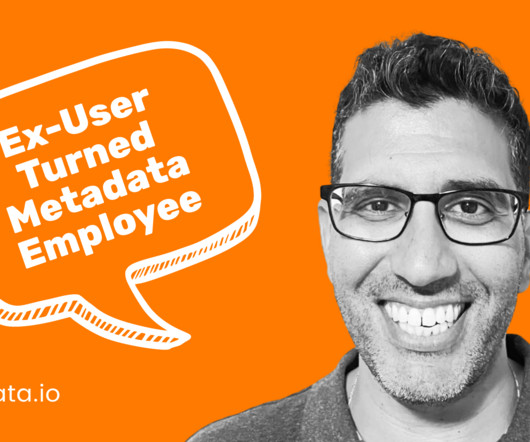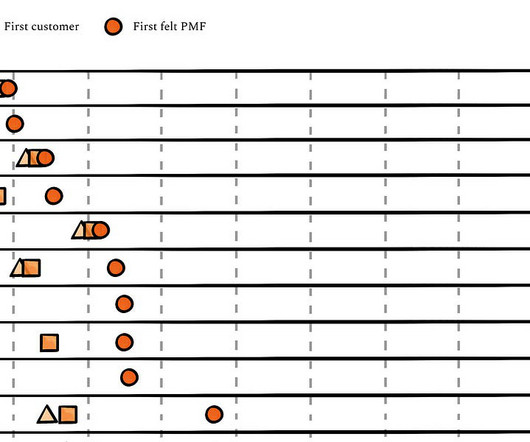How Metadata Fundamentally Changed My Approach to B2B Marketing
Metadata
APRIL 8, 2024
Seriously: our lead-to-conversion rate increased by 15X and our cost per opportunity (CPO) went from $40k to $800. Here’s a closer look at my journey, why I joined the Metadata team, and how our users can realize Metadata’s total value. My life before Metadata My path to Metadata as a user and employee was far from ordinary.















Let's personalize your content